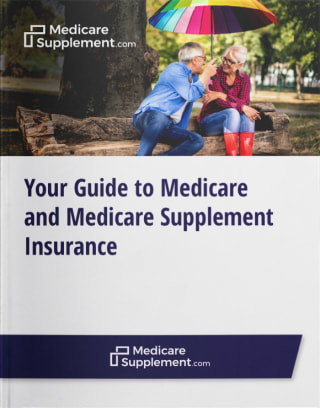
Benefits of buying Medigap during open enrollment
Purchasing a Medicare Supplement Insurance policy during the Medigap OEP provides several consumer protections. During the OEP, you have the following protections:
- Medigap insurance companies cannot deny you coverage.
- Insurers cannot increase premium costs because of your health when you purchase your policy.
- You are allowed to switch your Medigap insurance policy within your 6-month OEP.
- You do not have to wait for coverage to begin (although there may be a waiting period for coverage of a pre-existing condition).
You can apply for a Medigap policy outside of your OEP, but there are fewer consumer protections than if you buy a policy during your OEP. After your OEP has passed, Medigap insurance companies are usually allowed to use medical underwriting, which helps the insurer determine whether or not to accept your application and the policy’s premium.
Medical underwriting is not allowed during your open enrollment period. Medicare.gov states that “if you apply during your Medigap open enrollment period, you can buy any Medigap policy the company sells, even if you have health problems, for the same price as people with good health.”
Under-65 open enrollment period
If you are under 65 and qualify for Medigap insurance coverage, you do not have as many consumer protections as over-65 applicants. Federal law does not require Medigap insurance companies to sell policies to Medicare beneficiaries under the age of 65. If you are under 65 years of age, you might not be able to buy your preferred Medigap policy, or any other Medigap policy, until you turn 65.
Some state insurance departments extend protections for those under 65, but each state varies in their rules and regulations. For more information about getting a Medigap policy during and after your open enrollment period, read our page about buying a Medigap policy.
When Does Medicare Supplement Enrollment Take Place?
Medicare Supplement Enrollment takes place primarily during your initial enrollment period. This six-month window begins on the first day of the month in which you turn 65 and are enrolled in Medicare Part B. During this period, private insurance companies cannot deny you a Medicare Supplement plan based on your health or medical condition.
If you miss this initial enrollment period, you may have limited opportunities for guaranteed issuance of a policy, which could result in denial of coverage or higher premiums. Certain states might offer additional open enrollment periods, including those for individuals under 65 or for specific situations. It's crucial to secure a Medigap policy during your initial enrollment to ensure coverage without the risk of penalties or medical underwriting.




